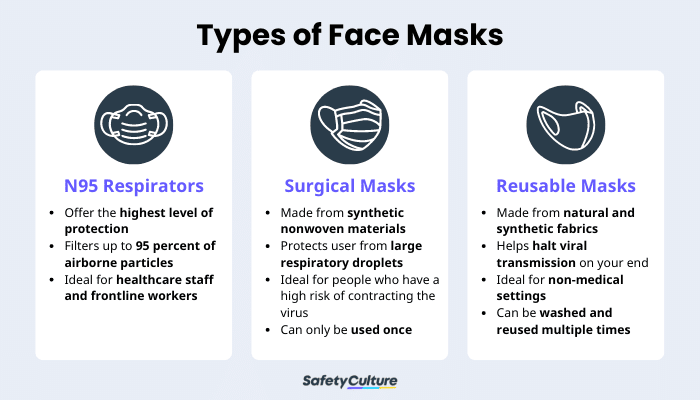Today, we will explore the fascinating world of facial masks and uncover the multitude of benefits they offer. From deep cleansing and hydration to brightening and anti-aging effects, facial masks have become an essential part of skincare routines globally. By understanding the various types of facial masks available, ranging from clay masks to sheet masks, you can discover the perfect match for your skin type and address specific concerns. So get ready to embark on a journey of rejuvenation and uncover the secrets behind radiant, healthy skin.
Clay Masks
What are clay masks?
Clay masks are a type of facial mask that are made from natural clay minerals, such as bentonite or kaolin. These masks are applied to the skin and left on for a period of time before being rinsed off. Clay masks are known for their ability to draw out impurities from the skin, leaving it feeling clean and refreshed.
Benefits of clay masks
There are several benefits to using clay masks on your skin. Firstly, clay masks help to absorb excess oil and unclog pores, making them a great option for those with oily or acne-prone skin. The clay works to attract and remove dirt, dead skin cells, and other impurities, resulting in a clearer complexion.
Additionally, clay masks can help to improve the texture of the skin. The minerals found in clay have a tightening effect on the skin, which can reduce the appearance of large pores and fine lines. Regular use of clay masks can also help to brighten the skin and even out skin tone.
Different types of clay masks
There are several different types of clay masks available, each with its own unique properties. Bentonite clay is one of the most popular options, as it has a high absorption rate and is effective at drawing out toxins from the skin. Kaolin clay, on the other hand, is more gentle and works well for those with sensitive skin.
Other types of clay masks include French green clay, which is rich in minerals and has a detoxifying effect, and rhassoul clay, which is known for its exfoliating properties. Each type of clay mask offers different benefits, so it’s important to find one that suits your specific skin needs.
Sheet Masks
What are sheet masks?
Sheet masks are a type of facial mask that are made from a thin sheet of material, typically cotton or cellulose. The sheet is soaked in a liquid formula, which is then applied to the face. Sheet masks are designed to be left on the skin for a specific period of time, allowing the ingredients to deeply penetrate the skin.
Benefits of sheet masks
One of the main benefits of sheet masks is their convenience. Unlike clay masks, which require mixing and application, sheet masks come pre-packaged and are ready to use. They are also easy to apply, simply requiring you to place the sheet over your face and press it down to adhere to the skin.
Sheet masks are also highly moisturizing, as the formula is sealed in by the sheet, preventing evaporation. This allows the ingredients to penetrate deeply into the skin, providing hydration and nourishment. Sheet masks can also help to calm and soothe the skin, making them a great option for those with sensitive or irritated skin.
Different types of sheet masks
Sheet masks come in a wide range of formulas, each targeting different skin concerns. Hyaluronic acid sheet masks are popular for their hydrating properties, as hyaluronic acid is known for its ability to attract and retain moisture. Collagen sheet masks help to improve the elasticity and firmness of the skin, while vitamin C sheet masks work to brighten and even out skin tone.
Other types of sheet masks include tea tree oil sheet masks, which are great for acne-prone skin, and snail mucin sheet masks, which promote skin regeneration and repair. With so many options available, there is a sheet mask to suit every skin type and concern.
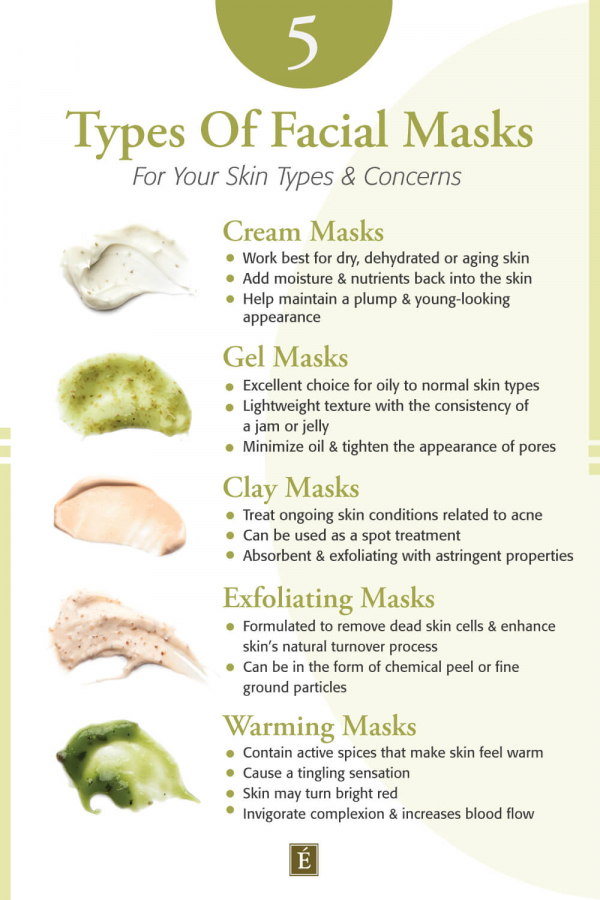
Cream Masks
What are cream masks?
Cream masks are a type of facial mask that have a creamy, lotion-like consistency. These masks are typically applied to the skin and left on for a period of time before being rinsed off. Cream masks are known for their hydrating and nourishing properties, making them a great option for those with dry or dehydrated skin.
Benefits of cream masks
One of the main benefits of cream masks is their ability to deeply moisturize the skin. The creamy texture allows the mask to form a protective barrier over the skin, preventing moisture loss and locking in hydration. This makes cream masks a great option for those with dry, flaky, or rough skin.
Cream masks can also help to improve the overall texture and appearance of the skin. The nourishing ingredients found in these masks can help to soften and smooth the skin, reducing the appearance of fine lines and wrinkles. Regular use of cream masks can leave the skin looking plump, radiant, and youthful.
Different types of cream masks
There are various types of cream masks available, each formulated to target different skin concerns. Moisturizing cream masks are perfect for dry, dehydrated skin, as they contain ingredients like hyaluronic acid, shea butter, and ceramides to deeply hydrate and nourish the skin.
Brightening cream masks are another popular option, as they contain ingredients like vitamin C or niacinamide to even out skin tone and brighten dull complexion. Some cream masks also focus on anti-aging benefits, with ingredients like retinol or peptides to promote collagen production and improve skin elasticity.
Gel Masks
What are gel masks?
Gel masks are a type of facial mask that have a jelly-like consistency. These masks are typically applied to the skin and left on for a period of time before being rinsed off. Gel masks are known for their cooling and soothing properties, making them a great option for those with sensitive or irritated skin.
Benefits of gel masks
One of the main benefits of gel masks is their ability to hydrate and soothe the skin. The gel texture provides a burst of moisture, leaving the skin feeling refreshed and revitalized. Gel masks are also lightweight and non-greasy, making them suitable for all skin types, including oily and acne-prone skin.
Gel masks can also help to reduce redness and inflammation, making them a great option for those with sensitive or sunburned skin. The cooling sensation of the gel can provide immediate relief and comfort, while the soothing ingredients work to calm the skin and reduce irritation.
Different types of gel masks
Gel masks come in a variety of formulations, each with its own unique benefits. Aloe vera gel masks, for example, are known for their soothing and hydrating properties. They can be used to calm irritated skin, reduce redness, and provide a boost of hydration.
Other types of gel masks include cucumber gel masks, which are refreshing and invigorating, and hyaluronic acid gel masks, which are deeply hydrating and plumping. Some gel masks also contain additional beneficial ingredients, such as antioxidants or anti-aging compounds, to target specific skin concerns.
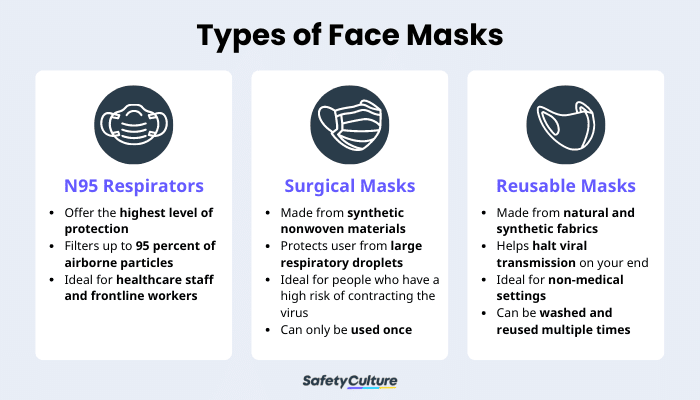
Exfoliating Masks
What are exfoliating masks?
Exfoliating masks are a type of facial mask that contain ingredients or particles that help to remove dead skin cells and impurities from the skin’s surface. These masks are typically applied to the skin and left on for a period of time before being rinsed off. Exfoliating masks are great for promoting a smoother, more radiant complexion.
Benefits of exfoliating masks
One of the main benefits of exfoliating masks is their ability to gently remove dead skin cells, revealing a fresh layer of skin underneath. This can help to improve the texture and tone of the skin, giving it a smoother, more polished appearance. Exfoliating masks can also unclog pores and prevent breakouts by removing excess oil and dirt.
Regular use of exfoliating masks can also help to improve the effectiveness of other skincare products. By removing the buildup of dead skin cells, the active ingredients in your serums and moisturizers can penetrate more deeply into the skin, allowing for better absorption and results.
Different types of exfoliating masks
There are different types of exfoliating masks available, each offering a unique exfoliation method. Chemical exfoliating masks contain ingredients like alpha-hydroxy acids (AHAs) or beta-hydroxy acids (BHAs) to dissolve dead skin cells and unclog pores. These masks are great for those with sensitive skin, as they are generally gentler and less abrasive than physical exfoliants.
Physical exfoliating masks, on the other hand, contain particles or granules that physically slough off dead skin cells. These masks can range from gentle options, such as ones with fine sugar or rice particles, to more intense options, like ones with larger fruit seeds or crushed walnut shells. It’s important to choose a physical exfoliating mask that is suitable for your skin type and sensitivity level.
Peel-off Masks
What are peel-off masks?
Peel-off masks are a type of facial mask that dry on the skin and can be peeled off in one piece. These masks typically come in a liquid or gel form that is applied to the skin, and once dry, they can be peeled off to reveal smoother and clearer skin underneath.
Benefits of peel-off masks
One of the main benefits of peel-off masks is their ability to physically remove impurities, dead skin cells, and blackheads from the skin. As the mask is peeled off, it lifts away dirt, oil, and other debris, leaving the skin looking clean and refreshed. Peel-off masks can also help to tighten and firm the skin, reducing the appearance of large pores and fine lines.
Peel-off masks can also provide a satisfying and therapeutic experience. The act of peeling off the mask can be both fun and satisfying, making it a popular choice for skincare enthusiasts. Additionally, the pull and lift motion of the peel-off mask can stimulate blood circulation, giving the skin a healthy glow.
Different types of peel-off masks
Peel-off masks come in various formulations, targeting different skin concerns. Charcoal peel-off masks are particularly popular, as they help to draw out impurities and detoxify the skin. These masks are great for those with oily or acne-prone skin, as they can help to reduce the appearance of blackheads and shrink pores.
Other types of peel-off masks include collagen peel-off masks, which help to improve skin elasticity and firmness, and fruit enzyme peel-off masks, which gently exfoliate the skin and promote cell turnover. Some peel-off masks also contain beneficial ingredients like tea tree oil or hyaluronic acid, offering additional skincare benefits.
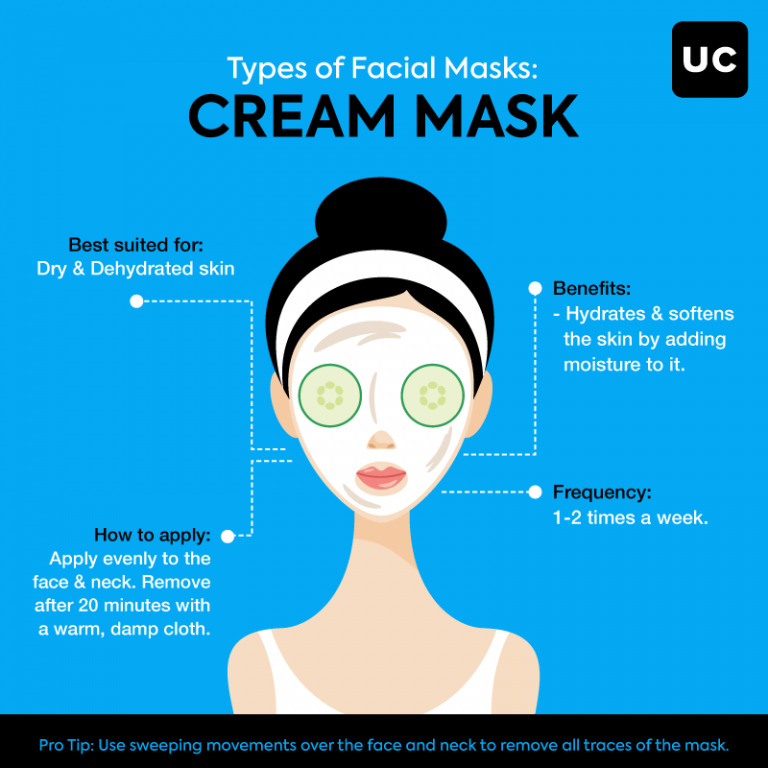
Charcoal Masks
What are charcoal masks?
Charcoal masks are a type of facial mask that are formulated with activated charcoal as the main ingredient. Activated charcoal is known for its ability to draw out impurities and toxins from the skin, making it a powerful ingredient for deep cleansing and detoxification.
Benefits of charcoal masks
Charcoal masks offer several benefits for the skin. One of the main benefits is their ability to effectively unclog pores and remove excess oil. The activated charcoal acts like a magnet, attracting and absorbing dirt, oil, and other impurities from the skin. This can help to prevent breakouts and leave the skin looking clearer and more balanced.
Charcoal masks can also help to refine the appearance of pores. By detoxifying the skin and removing impurities, charcoal masks can help to minimize the appearance of large pores, giving the skin a smoother and more refined texture.
Different types of charcoal masks
There are different types of charcoal masks available, each with its own unique formulation and additional ingredients. Some charcoal masks come in a peel-off form, which allows for easy removal and deep cleansing. These masks often contain additional ingredients like tea tree oil or witch hazel, which provide additional clarifying and soothing benefits.
Other charcoal masks come in a wash-off or sheet mask form. These masks are typically more hydrating and gentle on the skin, making them suitable for all skin types. Some charcoal masks even come in a powder form, which allows for customization by mixing with water or other skincare ingredients.
Hydrating Masks
What are hydrating masks?
Hydrating masks are a type of facial mask that are formulated to provide intense hydration to the skin. These masks are typically rich in moisturizing ingredients, such as hyaluronic acid, glycerin, or aloe vera, which help to replenish and retain moisture in the skin.
Benefits of hydrating masks
One of the main benefits of hydrating masks is their ability to deeply moisturize and hydrate the skin. The moisturizing ingredients in these masks penetrate deeply into the skin, providing a surge of hydration and improving the skin’s moisture barrier. This can help to plump the skin, reduce the appearance of fine lines, and create a smoother and more supple complexion.
Hydrating masks can also help to soothe and calm the skin. If you’re experiencing dryness, redness, or irritation, a hydrating mask can provide much-needed relief and help to restore balance to the skin. Regular use of hydrating masks can leave the skin looking radiant, glowing, and healthy.
Different types of hydrating masks
There are various types of hydrating masks available, each with its own unique formulation and benefits. Sheet masks soaked in a hydrating essence are a popular option, as they allow for maximum absorption of the moisturizing ingredients. Hydrogel masks are also a great choice, as they have a gel-like texture that adheres to the skin, providing a cooling and refreshing sensation.
Cream-based hydrating masks are another option, as they provide a thicker and more nourishing layer of hydration to the skin. These masks are typically rich in emollients and occlusives, which help to seal in moisture and prevent water loss from the skin.
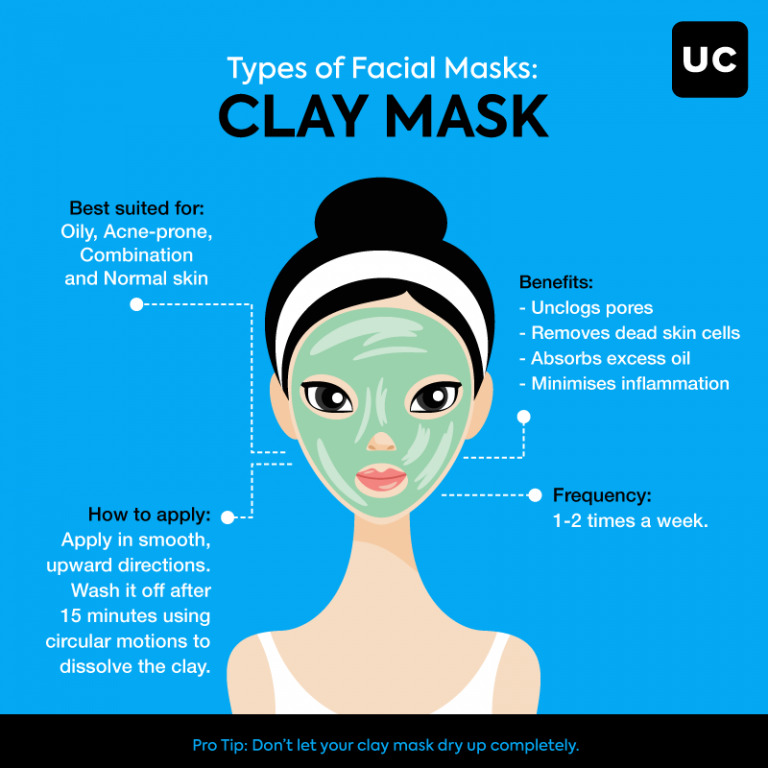
Brightening Masks
What are brightening masks?
Brightening masks are a type of facial mask that are formulated to improve the overall radiance and brightness of the skin. These masks typically contain ingredients like vitamin C, niacinamide, or botanical extracts that help to even out skin tone and fade hyperpigmentation.
Benefits of brightening masks
One of the main benefits of brightening masks is their ability to reduce the appearance of dark spots and uneven skin tone. The brightening ingredients in these masks work to inhibit the production of melanin, which can help to fade hyperpigmentation and promote a more even complexion. Brightening masks can also help to give the skin a youthful glow and luminosity.
In addition to reducing hyperpigmentation, brightening masks can also help to improve the overall texture and clarity of the skin. The ingredients in these masks can promote cell turnover and exfoliation, revealing a smoother and more refined complexion. With regular use, brightening masks can help to reveal a brighter and more radiant skin tone.
Different types of brightening masks
There are different types of brightening masks available, each with its own unique formulation and brightening ingredients. Vitamin C masks are one popular option, as vitamin C is known for its ability to brighten and even out skin tone. These masks often come in a sheet or gel form and provide a concentrated dose of vitamin C to the skin.
Other brightening masks contain ingredients like niacinamide, licorice extract, or arbutin, which work to suppress the production of melanin and fade dark spots. Some brightening masks also contain exfoliating ingredients, such as AHAs or fruit enzymes, to help brighten the complexion by sloughing off dead skin cells.
Acne-fighting Masks
What are acne-fighting masks?
Acne-fighting masks are a type of facial mask that are formulated to target and treat acne-prone skin. These masks typically contain ingredients like salicylic acid, tea tree oil, or sulfur, which help to unclog pores, reduce inflammation, and heal existing acne.
Benefits of acne-fighting masks
One of the main benefits of acne-fighting masks is their ability to deeply cleanse and detoxify the skin. The active ingredients in these masks work to dissolve excess oil and remove impurities from the pores, helping to prevent breakouts and reduce the appearance of acne.
Acne-fighting masks can also help to reduce inflammation and redness associated with acne. Ingredients like tea tree oil or sulfur have antimicrobial and anti-inflammatory properties, which can help to soothe and calm the skin. Regular use of acne-fighting masks can help to improve the overall condition of the skin, resulting in a clearer and more balanced complexion.
Different types of acne-fighting masks
There are different types of acne-fighting masks available, each with its own unique formulation and acne-targeting ingredients. Clay masks that contain salicylic acid are a popular choice, as salicylic acid is known for its ability to penetrate deep into the pores and remove excess oil and dead skin cells.
Tea tree oil masks are another option, as tea tree oil has antimicrobial properties that can help to kill acne-causing bacteria. These masks are also soothing and can help to reduce redness and inflammation.
Some acne-fighting masks also contain sulfur, which has anti-inflammatory and antibacterial properties. Sulfur masks can help to dry out existing acne and prevent new breakouts from forming. It’s important to choose an acne-fighting mask that is suitable for your skin type and sensitivity level, as some ingredients may be too harsh for certain individuals.




